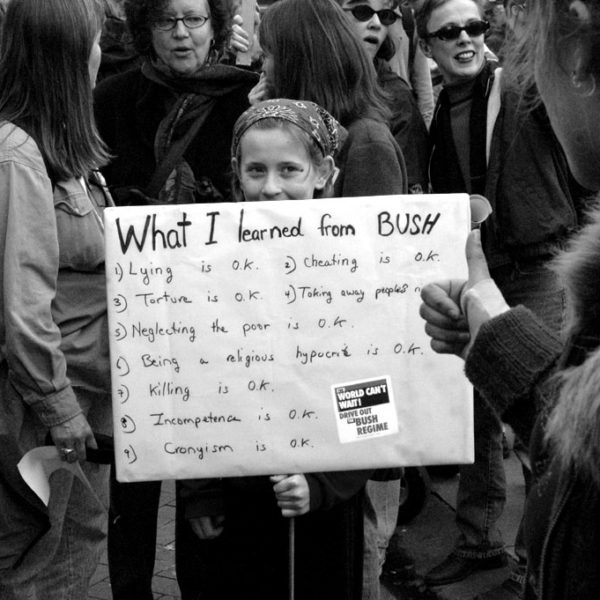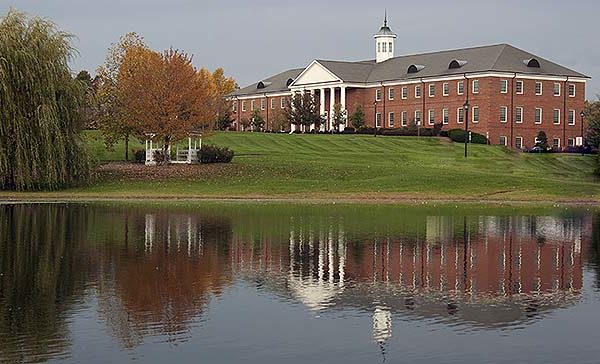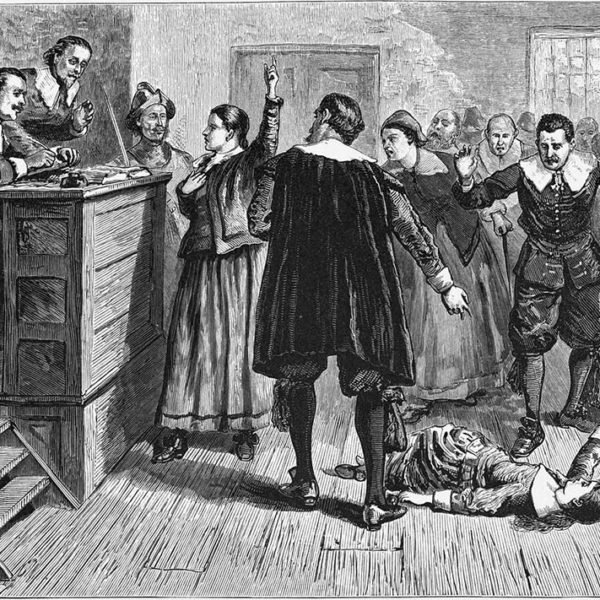
So what do the findings I have shared indicate for the future of the Christian right? They demonstrate despite the Republicans recent 2014-midterm results, that millennial Christians are more ambivalent about politics than their parents. According to Pew Research, millennial turnout in 2014 was down 6 points on the 2012 Presidential election, whilst there was 6 point increase amongst baby boomers aged 50-68. Older white Christian males swung the election in the GOP’s favour. Though this temporarily bodes well for GOP-Christian right relations, it is clear that there will be a significant age-gap problem very soon, for partisan ties are very much weaker amongst millennials.

Following Bush’s consecutive victories in 2000 and 2004 the Christian right have been labeled the ‘backbone’ and ‘base’ behind the Republican Party’s electoral successes.[1] Evangelical born-again Christians constitute around 26% of the US electorate according the latest Pew Research poll, of whom three-quarters consistently vote Republican.[2] For forty years the considerable convening power of these faithful conservatives have made them an attractive constituency for Republicans to court. Aligning with their social and cultural concerns, this relationship has generated a distinguishing feature amongst Western politics, the American ‘values voter’.

To swipe Oscar Hammerstein’s famous lyric, histories of twentieth-century American religious history – whether academically or popularly-oriented – can’t figure out how to solve a problem like Rousas John Rushdoony, the progenitor and elder statesmen of Christian Reconstructionism.

For the past twenty years the Christian right have been labeled the ‘backbone’ and ‘base’ behind the Republican Party’s electoral successes, a view that deepened with Bush’s consecutive victories in 2000 and 2004. Until recently the alignment between evangelical Christians on the Christian right and the Republican party had gone unquestioned.


